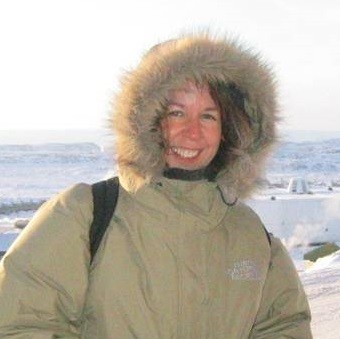If you prefer us communicating with an assistant, please provide his/her contact information:
Name: ________________________________
Email: ________________________________ Phone: _____________________
*BIOGRAPHICAL SKETCH (*required): Please provide a short biography to be shared with conference attendees (attach additional page if required):
Gary Geddes has written and edited more than 50 books of poetry, fiction, drama, non-fiction, criticism, translation, and anthologies and won a dozen national and international literary awards, including the Commonwealth Poetry Prize (Americas Region), the Lt-Governor's Award for Literary Excellence, and the Gabriela Mistral Prize. His non-fiction books include Sailing Home, Kingdom of Ten Thousand Things and Drink the Bitter Root: A Writer's Search for Justice and Redemption in Africa. His most recent books of poetry are Swimming Ginger, What Does A House Want? and The Resumption of Play. Geddes has a PhD from U of T and has taught at Concordia, Western Washington University, BCIT, and University of Missouri-St Louis and has been writer-in-residence at UBC and the Vancouver Public Library. He lives on Thetis Island, BC.
*PRESENTATION SYNOPSIS (*required): Please provide a title for your presentation and a brief summary to be shared with conference attendees:
Title
“'You must remember that our hearts and brains are like paper, we never forget.': The Ethics of Record and Recall.”
This quotation by Chief Ogichida at the signing of treaties on October 3, 1873 is an important reminder that oral history must be given our closest attention and respect. In my research and interviews with Elders across Canada, who experienced the segregated ‘Indian hospitals’ as well as ongoing abuse and neglect from health authorities, I learned that First Nations, Métis and Inuit peoples have not forgotten that the promises (mostly oral) which accompanied the signing of treaties included the guarantee of health care. Medicine Unbundled is the missing chapter in our book of failed promises to the Indigenous peoples of Canada. A full understanding of the nature and scope of that neglect is essential if we are to rewrite the national narrative.
If you prefer us communicating with an assistant, please provide his/her contact information:
Name: ________________________________
Email: ________________________________ Phone: _____________________
*BIOGRAPHICAL SKETCH (*required): Please provide a short biography to be shared with conference attendees (attach additional page if required):
Gary Geddes has written and edited more than 50 books of poetry, fiction, drama, non-fiction, criticism, translation, and anthologies and won a dozen national and international literary awards, including the Commonwealth Poetry Prize (Americas Region), the Lt-Governor's Award for Literary Excellence, and the Gabriela Mistral Prize. His non-fiction books include Sailing Home, Kingdom of Ten Thousand Things and Drink the Bitter Root: A Writer's Search for Justice and Redemption in Africa. His most recent books of poetry are Swimming Ginger, What Does A House Want? and The Resumption of Play. Geddes has a PhD from U of T and has taught at Concordia, Western Washington University, BCIT, and University of Missouri-St Louis and has been writer-in-residence at UBC and the Vancouver Public Library. He lives on Thetis Island, BC.
*PRESENTATION SYNOPSIS (*required): Please provide a title for your presentation and a brief summary to be shared with conference attendees:
Title
“'You must remember that our hearts and brains are like paper, we never forget.': The Ethics of Record and Recall.”
This quotation by Chief Ogichida at the signing of treaties on October 3, 1873 is an important reminder that oral history must be given our closest attention and respect. In my research and interviews with Elders across Canada, who experienced the segregated ‘Indian hospitals’ as well as ongoing abuse and neglect from health authorities, I learned that First Nations, Métis and Inuit peoples have not forgotten that the promises (mostly oral) which accompanied the signing of treaties included the guarantee of health care. Medicine Unbundled is the missing chapter in our book of failed promises to the Indigenous peoples of Canada. A full understanding of the nature and scope of that neglect is essential if we are to rewrite the national narrative.

